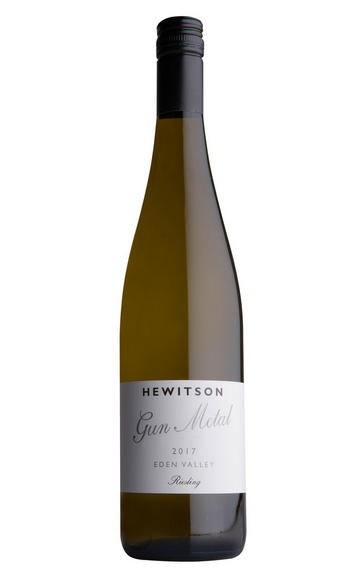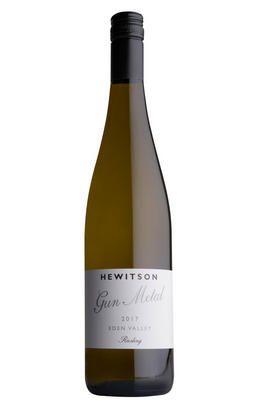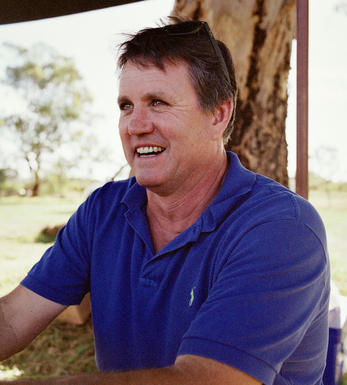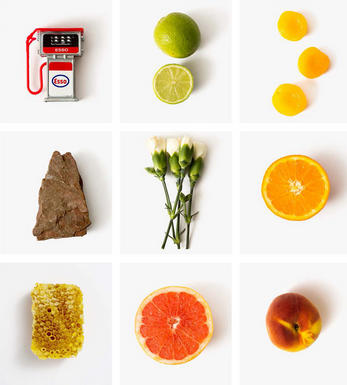
2017 Hewitson, Gun Metal Riesling, Eden Valley, Australia

Critics reviews
Joe Czerwinski - 29/09/2017
About this WINE

Hewitson
Dean Hewitson must surely rank as one of the most talented winemakers of his generation. For twenty-five years Dean has learnt his trade via Roseworthy College, Petaluma, UC Davis University C.A., Oregon, France and Italy before setting up in his own right at the well-insulated Adelaide Milk Factory on London Road on April 11th 1998. His experience abroad taught Dean the value of old vine fruit, something he took to heart as he built a 30,000 case business on Barossa Shiraz, Grenache, Mourvedre as well as McLaren Vale Shiraz, Eden Valley Riesling and Victorian Viognier.
Ten years on sees Dean consolidating his success as he finally puts his roots down at No.1 Seppeltsfield Rd, Dorrien, in the heart of Barossa Valley. Building has begun on a new red wine cuverie while the estate's 50 year Semillon vines on the banks of the Para River have already been grafted over to Mourvedre. Dean has also recently purchased a forty-two year Grenache vineyard in the Barossa Valley and a Sauvignon Blanc site among the Adelaide Hills.
In the meantime Dean continues to source fruit from up and down the rich terra-rossa Barossa Valley, notably from the Old Garden Mourvedre bushvine site planted in 1853 and the Three Corner Grenache, Rawlands Flat vineyard dating back to 1890. He has made it his life's work to propogate the next generation of these fabulously old, living monuments by grafting their buds onto 30 yo rootstock. Dean uses opentop stainless-steel fermentors before careful lees elevage in french oak barrels.

Riesling
Riesling's twin peaks are its intense perfume and its piercing crisp acidity which it manages to retain even at high ripeness levels.
In Germany, Riesling constitutes around 20% of total plantings, yet it is responsible for all its greatest wines. It is planted widely on well-drained, south-facing slate-rich slopes, with the greatest wines coming from the best slopes in the best villages. It produces delicate, racy, nervy and stylish wines that cover a wide spectrum of flavours from steely and bone dry with beautifully scented fruits of apples,apricots, and sometimes peaches, through to the exotically sweet flavours of the great sweet wines.
It is also an important variety in Alsace where it produces slightly earthier, weightier and fuller wines than in Germany. The dry Rieslings can be austere and steely with hints of honey while the Vendages Tardives and Sélection de Grains Nobles are some of the greatest sweet wines in the world.
It is thanks to the New World that Riesling is enjoying a marked renaissance. In Australia the grape has developed a formidable reputation, delivering lime-sherbet fireworks amid the continental climate of Clare Valley an hour's drive north of Adelaide, while Barossa's Eden Valley is cooler still, producing restrained stony lime examples from the elevated granitic landscape; Tasmania is fast becoming their third Riesling mine, combining cool temperatures with high UV levels to deliver stunning prototypes.
New Zealand shares a similar climate, with Riesling and Pinot Gris neck to neck in their bid to be the next big thing after Sauvignon Blanc; perfectly suited is the South Island's Central Otago, with its granitic soils and continental climate, and the pebbly Brightwater area near Nelson. While Australia's Rieslings tend to be full-bodied & dry, the Kiwis are more inclined to be lighter bodied, more ethereal and sometimes off-dry; Alsace plays Mosel if you like.


Buying options
Add to wishlist
Description
Eden Valley is recognised as one of the world’s great Riesling regions. The wine comes from a single vineyard whose specific topography and mineral profile provide ideal conditions for Riesling. Gun Metal describes the grey-coloured stone amongst the vineyard while symbolizing the steely minerality of the wine. The nose is evocative of honey and jasmine aromas, with nuances of fresh pears and allspice. Light and refreshing on the palate, wit honeyed fruit and baked apple flavors.
wine at a glance
Delivery and quality guarantee